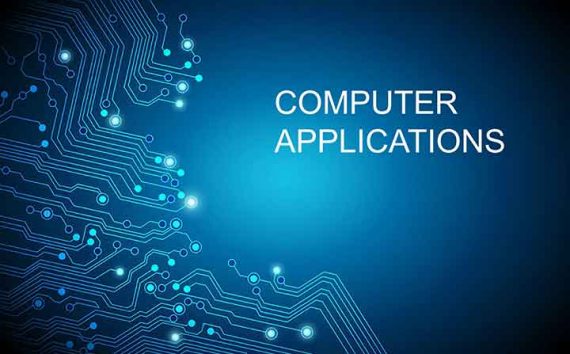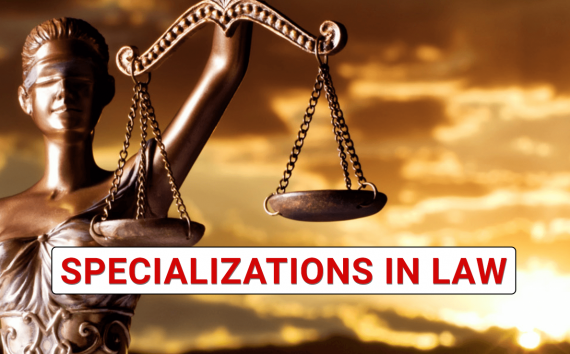Benefits of Studying Abroad Studying abroad is a very important…
| Course | ||
| BE/BTech | ME/MTech | Diploma |
What is Engineering?
Engineering is a stream of education that involves the application of Science, Technology and Mathematics to innovate, design, develop and maintain machines, structures, software, hardware and systems & processes. This field offers a range of career opportunities across all industries, making it one of the most sought after course pursued by students after Class XII, especially those from the Science stream.
Students planning to study Engineering in India can choose from nearly 100 specializations, with Computer Science Engineering, Civil Engineering, Electronics Engineering, Electrical Engineering and Mechanical Engineering being some of the most popular ones.
According to a 2018-19 report of the All India Survey of Higher Education (AISHE) powered by the Ministry of Human Resource and Development (MHRD), Engineering is the third major stream with 37.70 lakh students enrolled at the undergraduate level. The share of male student enrolled in Engineering and Technology is 71.1 per cent where female enrolment is 28.9 per cent.
The Indian Institutes of Technology (IITs) and National Institutes of Technology (NITs) and some private technical institutes such as Birla Institute of Science & Technology (BITS) Pilani are some of the best institutes to pursue engineering from. According to Shiksha, there are more than 3,500 colleges offering engineering courses in India.
Eligibility for Engineering Courses
| Courses | Eligibility |
|---|---|
| BE/BTech
|
Candidates must have passed Class XII exam from a recognised board with Physics, Chemistry and Mathematics as core subjects |
| They must also have secured minimum aggregate marks of 60 percent in the above subjects combined | |
| BTech Lateral Entry | Candidates must have passed a three-year Diploma granted by the Board of Technical Examination of a State Government, with minimum 45 percent aggregate marks or equivalent |
| ME/MTech | Candidates who have completed their BE/BTech degree with a valid score in GATE are eligible for ME/MTech degree course |
| Diploma | Aspirants must have passed Secondary School Leaving Certificate (SSLC)/tenth standard/equivalent examination, with at least 35 percent in Science and Maths subjects |
| PhD | Aspirants must have secured a minimum of 55 percent marks or 5.5 CPI marks in BTech/MTech or equivalent degree in appropriate branches |
Engineering Entrance Exams
Most of the engineering institutes in India select candidates for admission on the basis of entrance exam scores and ranks. While some technical institutes accept AIR (All India Ranks) secured in national level exams, and some conduct their own entrance exam. Here are some of the popular engineering exams in India at the UG and PG level.
| UG | PG |
|---|---|
| JEE Main | GATE is one of the most popular postgraduate engineering entrance exam for admissions to MTech programs in India |
| JEE Advanced | |
| BITSAT | |
| MHTCET | |
| VITEEE | |
| SRMJEEE |
Engineering Courses
Engineering programs in India are offered at the undergraduate (UG), postgraduate and PhD level. Listed below are the types of engineering courses offered at various levels:
| UG Courses | PG Courses | Doctoral Courses |
|---|---|---|
| BE/BTech | ME/MTech | PhD |
| BTech Lateral Entry | ||
| Integrated/Dual degree | ||
| Diploma |
Engineering Branches

Mechanical Engineering, Computer Engineering, Electronics Engineering, Civil Engineering and Electrical Engineering are the top five engineering streams according to MHRD’s AISHE report. Besides these, there are numerous other engineering specializations/branches that candidates can choose from. Given below are some:
| Aeronautical Engineering | Industrial Engineering |
| Aerospace Engineering | Marine Engineering |
| Automobile Engineering | Mechanical Engineering |
| Biomedical Engineering | Mechatronics Engineering |
| Biotechnology Engineering | Metallurgical Engineering |
| Ceramic Engineering | Mining Engineering |
| Chemical Engineering | Petroleum Engineering |
| Civil Engineering | Power Engineering |
| Communications Engineering | Production Engineering |
| Computer Science Engineering | Robotics Engineering |
| Construction Engineering | Structural Engineering |
| Electrical Engineering | Telecommunication Engineering |
| Electronics & Communication Engineering | Textile Engineering |
| Electronics Engineering | Tool Engineering |
| Environmental Engineering | Transportation Engineering |
FAQs related to Engineering
Q. What is engineering?
A. Engineering is the application of science and mathematics for making properties of matter and the sources of energy in nature useful to people.
Q. What is a professional engineer?
A. Professional engineers are the ones who had completed the rigorous education, passed the final examination, and acquired the relevant experience. Only such engineers are permitted to offer engineering services to the public.
Q. What do engineers do?
A. Engineers take abstract ideas and apply science and mathematics to build products to meet the needs of mankind.
Q. What is the difference between science and engineering?
A. Science is the knowledge based on observed facts and tested truths whereas Engineering is the creative application of scientific principles. Engineering is used to plan, build, direct, guide, manage, or work on systems to maintain and improve the daily lives of people.
Q. How many types of engineering specialties are there?
A. There are different types of engineering streams such as Aerospace, Agricultural, Biomedical, Chemical, Civil (General and Structural), Computer, Control Systems, Electrical and Electronics, Industrial, Manufacturing, Mechanical, Mining, Nuclear, and Petroleum.
Q. What are the major breakthroughs attributed to engineers in improving the quality of our everyday lives?
A. From the mass production of the automobile to space travel, Telephone, the Internet, and from bioengineered foods to clean water, engineers’ expertise has improved the quality of our lives.
Q. Who was the world’s first engineer?
A. Perhaps, Imhotep of Egypt was the first engineer as he built the Step Pyramid in 2250 BC.



